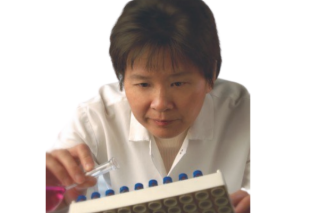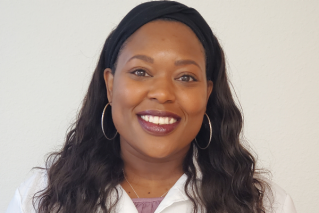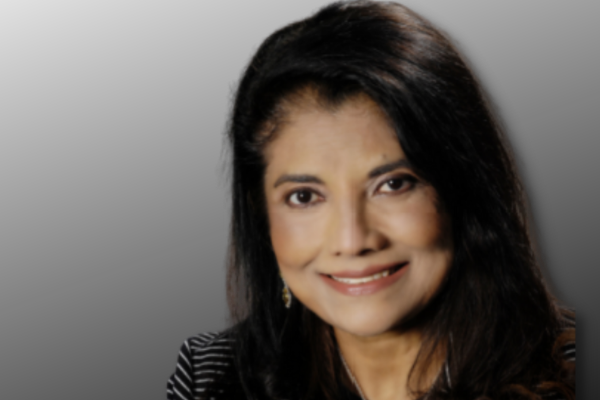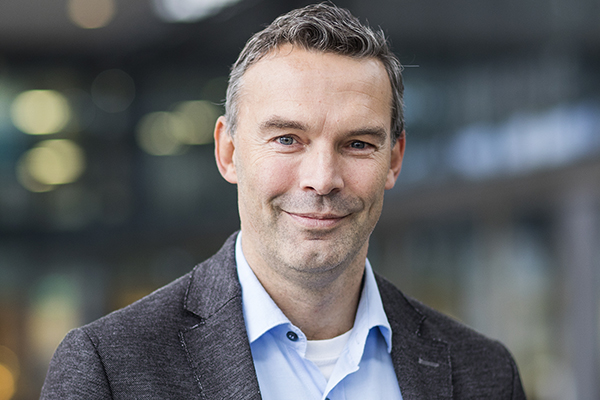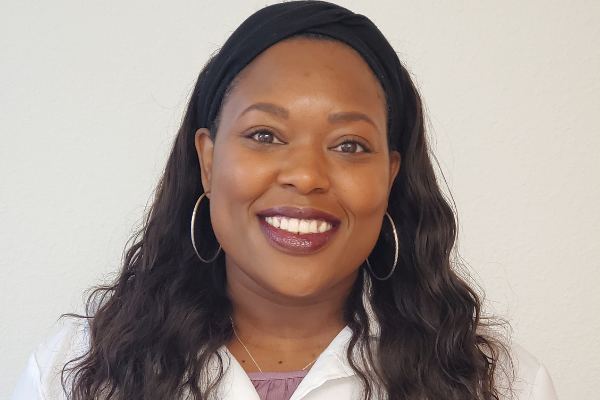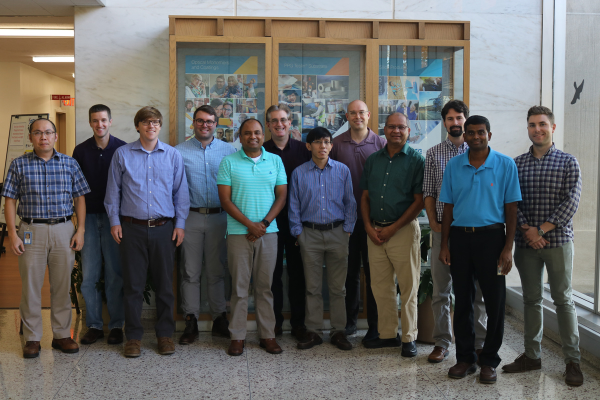By: Laura Lang
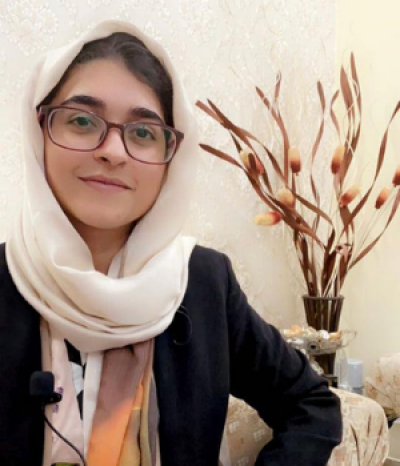
Hamna Mukhtar Tarar, just 19, is the most humble scientist we’ve ever talked to.
She’s modest to a fault, writing in advance of our meeting, “I thought it worth mentioning that I am an undergraduate student and I don't have any achievements … I don't think there will be much to write about me for a column of this standard.”
But we think her story will be inspirational to her peers, and to all of us, really.
Tarar studied chemistry at the University of Karachi, in Karachi, Pakistan, and is currently pursuing a bachelor’s degree in medicine and surgery. She participated in a National Chemistry Week event organized by the Pakistan International Chapter as the speaker at a live webinar conducted on Mole Day, and was nominated by the chapter to be one of ACS’s 2021 Outreach Volunteers of the Year.
She has successfully completed internships in various departments of a Public Research Institution, which reflects her interest in learning and getting hands-on knowledge.
Starting Small
For Tarar, science is a family affair. Her father has a PhD in food science. Her mother studied science and worked as a teacher. “Really, my whole family has a scientific background,” Tarar tells us.
Naturally, her exposure to academics and science started at a young age. “When I was little, my mother said I used to pull out her books on molecular chemistry and say I was ‘reading the molecules.’ I had just started speaking and that was one of the things I said,” Tarar says. “That’s when my interest in science started.”
The family initially lived in a small village, but later moved to Karachi where Tarar completed her O level and A level certifications (British grading system/diplomas) with straight A’s. After that, she was accepted to study for her bachelor’s in chemistry with the highest merit in admission. “That’s when my teachers really noticed me,” she says. “One day they called over to ask me to prepare a presentation for Mole day.”
Tarar spent a solid week working on the presentation, and got some help with the graphics from her sister. “It was a huge undertaking but so worth the effort,” she says. “It’s really elevated my understanding of how chemistry connects us all.”
Moving Forward
Tarar is currently studying for her bachelor’s of medicine and bachelors of surgery degrees at Dow Medical College, one of the best schools in Pakistan. After completing her bachelor's degree she’ll be a general physician. “After that I can choose to go to whatever branch I want -- surgery, molecular chemistry, or others,” she says, while hinting that her preference will likely be research in molecular chemistry.
While studying and practicing medicine is gender-neutral in Pakistan, only a few women go into research, she tells us. “Often in Pakistan, women do not pursue a career in research, because it is thought to be difficult to juggle a career in scientific research and raise a family. My mother is an example of this. She got her admission on scholarship to be a PhD, but she could not pursue the opportunity when I was born. She left that behind to raise me,” she says. “That’s the culture here.”
However, in Tarar’s case that upbringing was also a benefit. “My mother became my educator, and is a great role model. As were my professors. They are excellent teachers, excellent surgeons, excellent scientists, and they manage their families. Somehow, they have the energy to be great in all of these roles.”
“In my own case, I feel it would be great to stay home with kids but only to create my own army of learned children,” she laughs. “And hopefully they’ll take over for me at some point in advancing science themselves.”
We will be excited to follow Tarar’s career as she completes her degrees and chooses her path.
Copyright 2022 American Chemical Society (All Rights Reserved)

